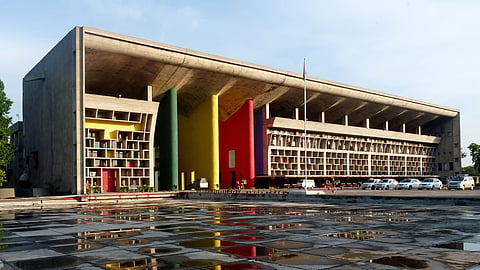
- News
- Columns
- Interviews
- Law Firms
- Apprentice Lawyer
- Legal Jobs
- हिंदी
- ಕನ್ನಡ

The Punjab and Haryana High Court recently expressed concern over the “alarming” delay in the examination of forensic evidence in criminal cases [Vinit Yadav v. State of Haryana].